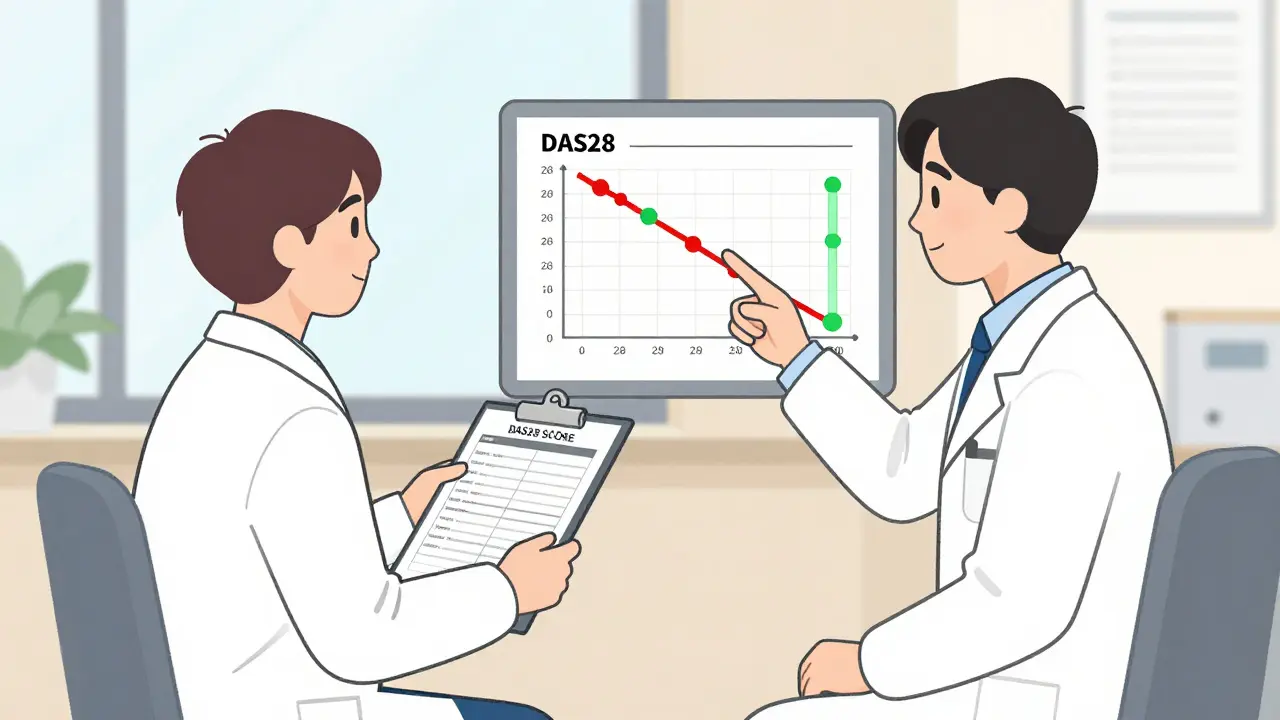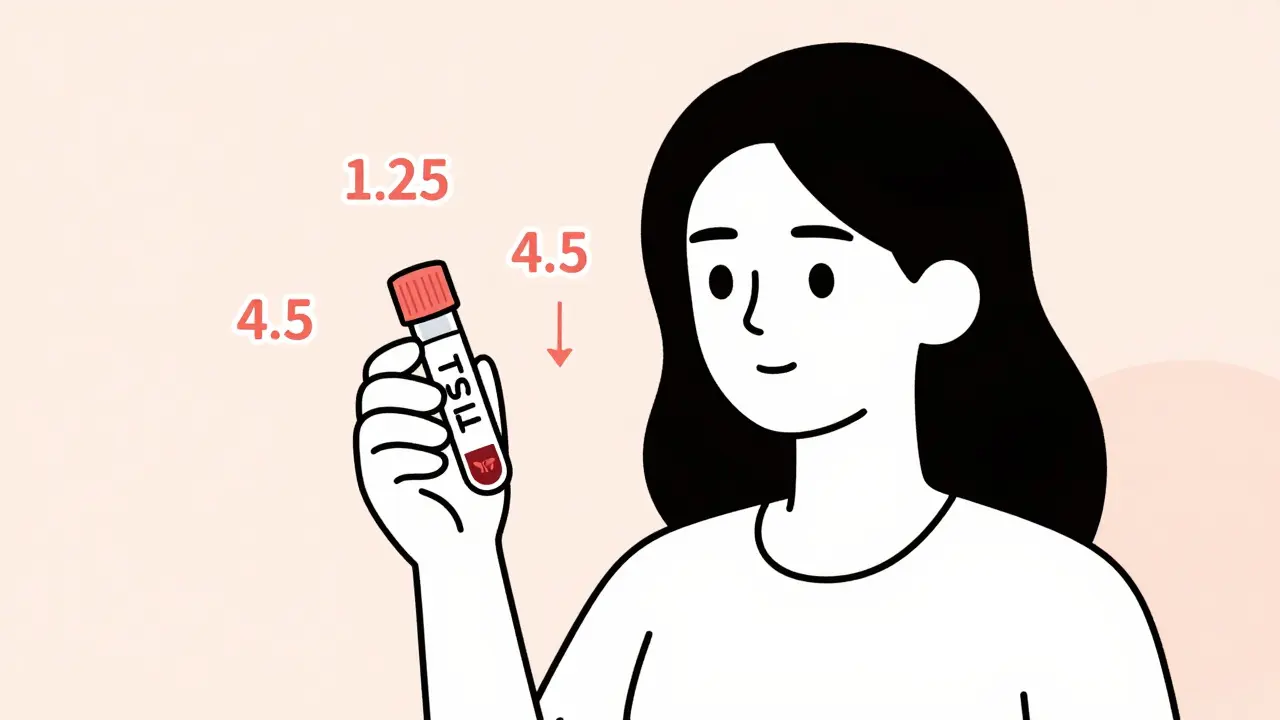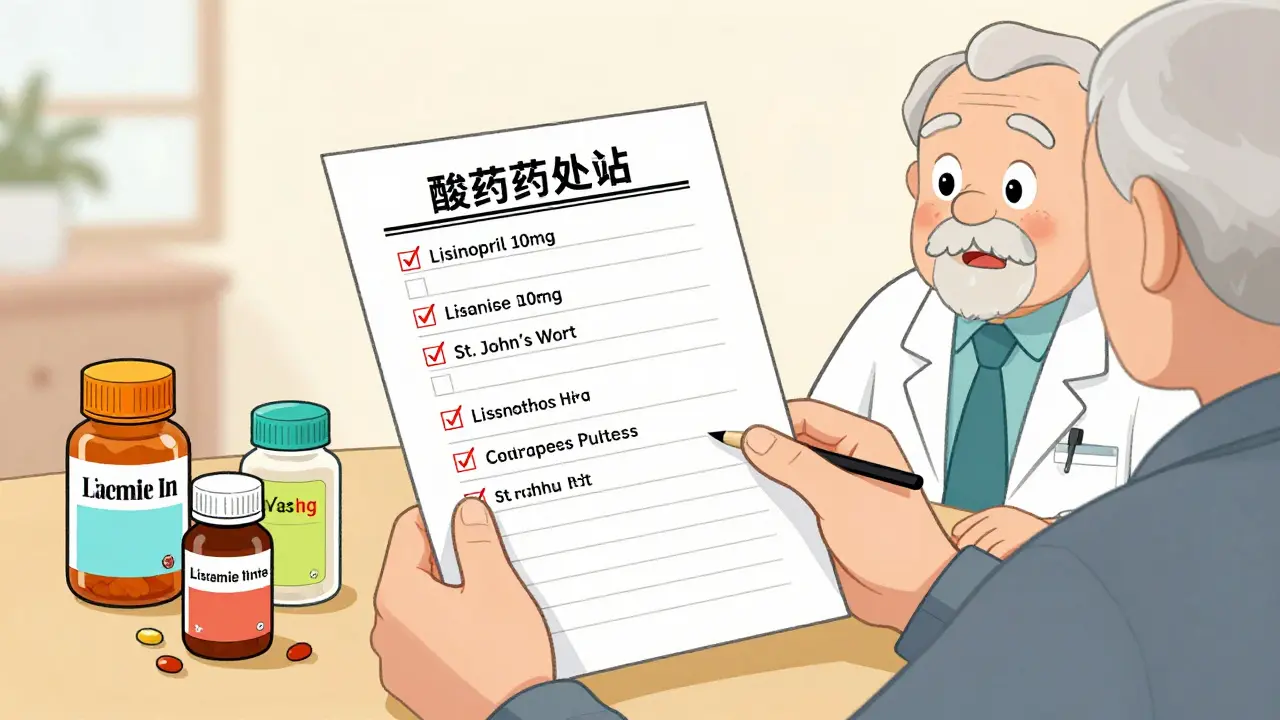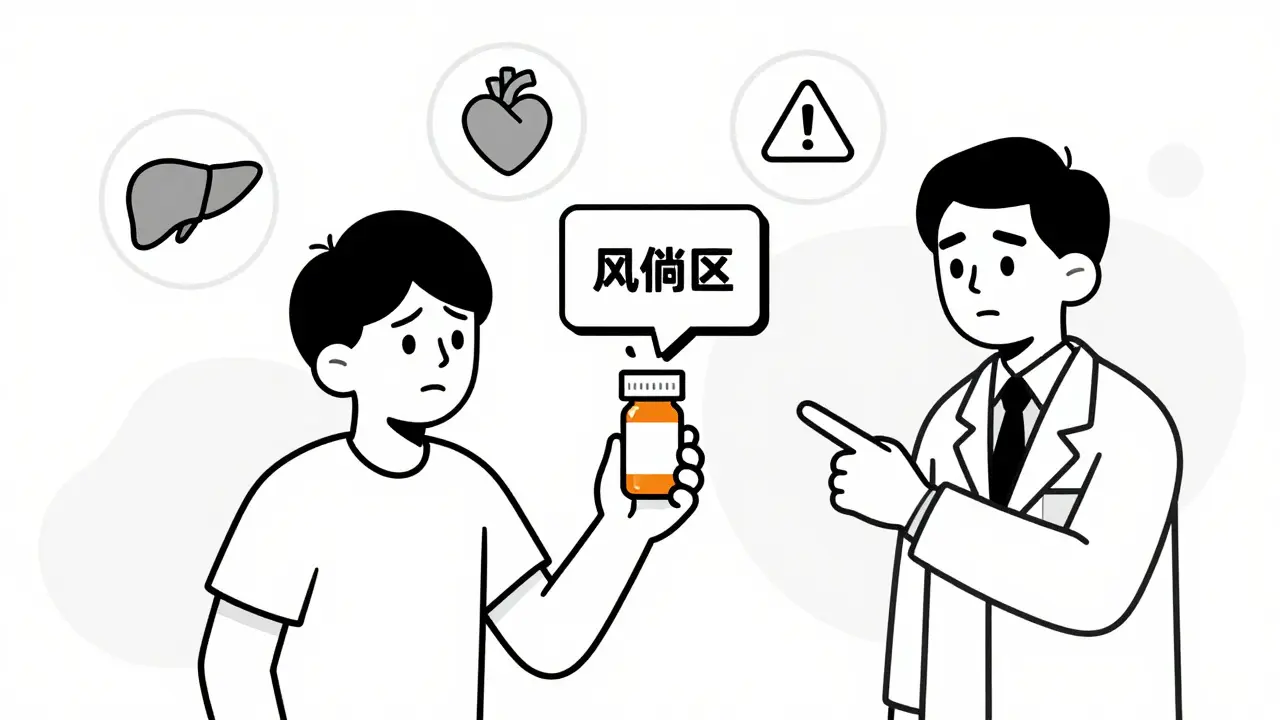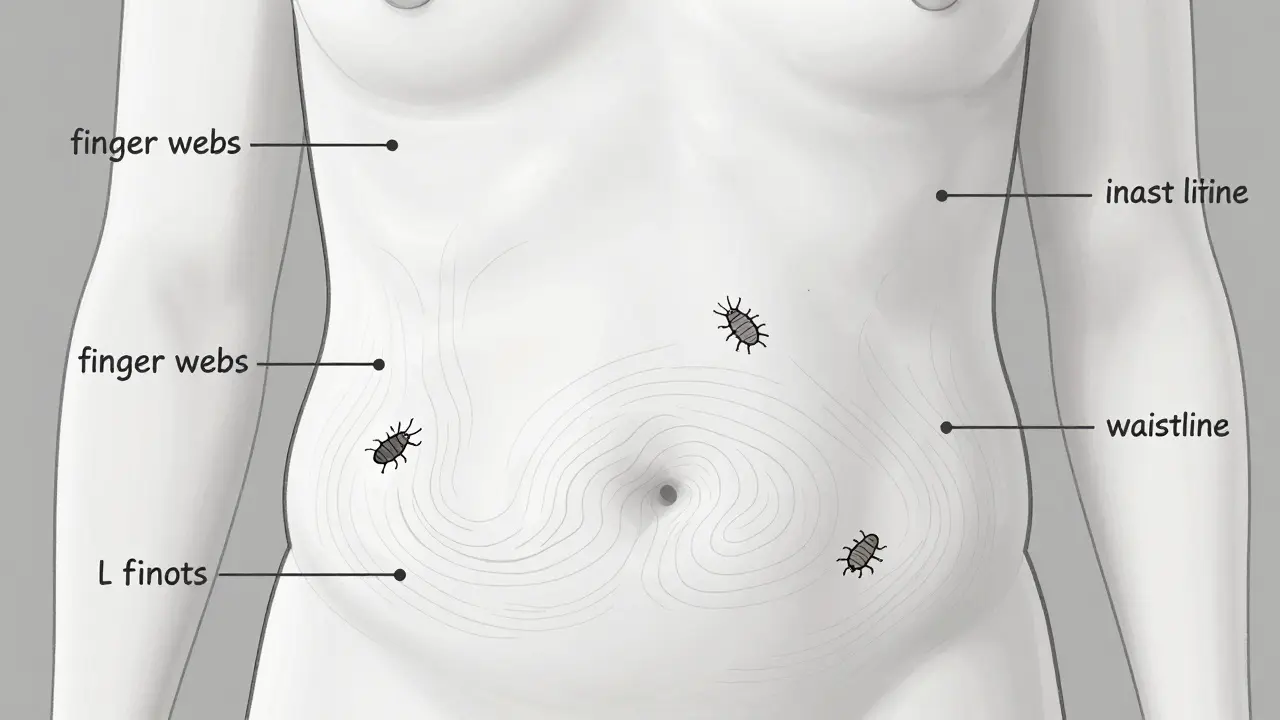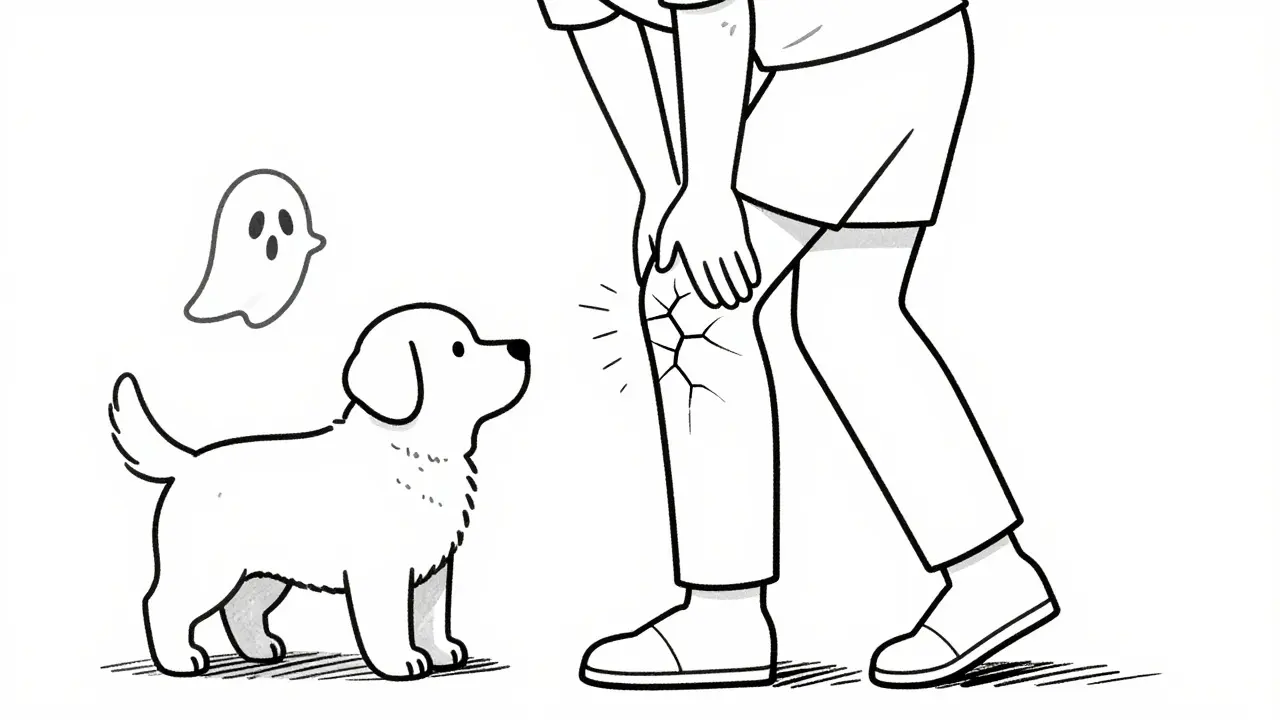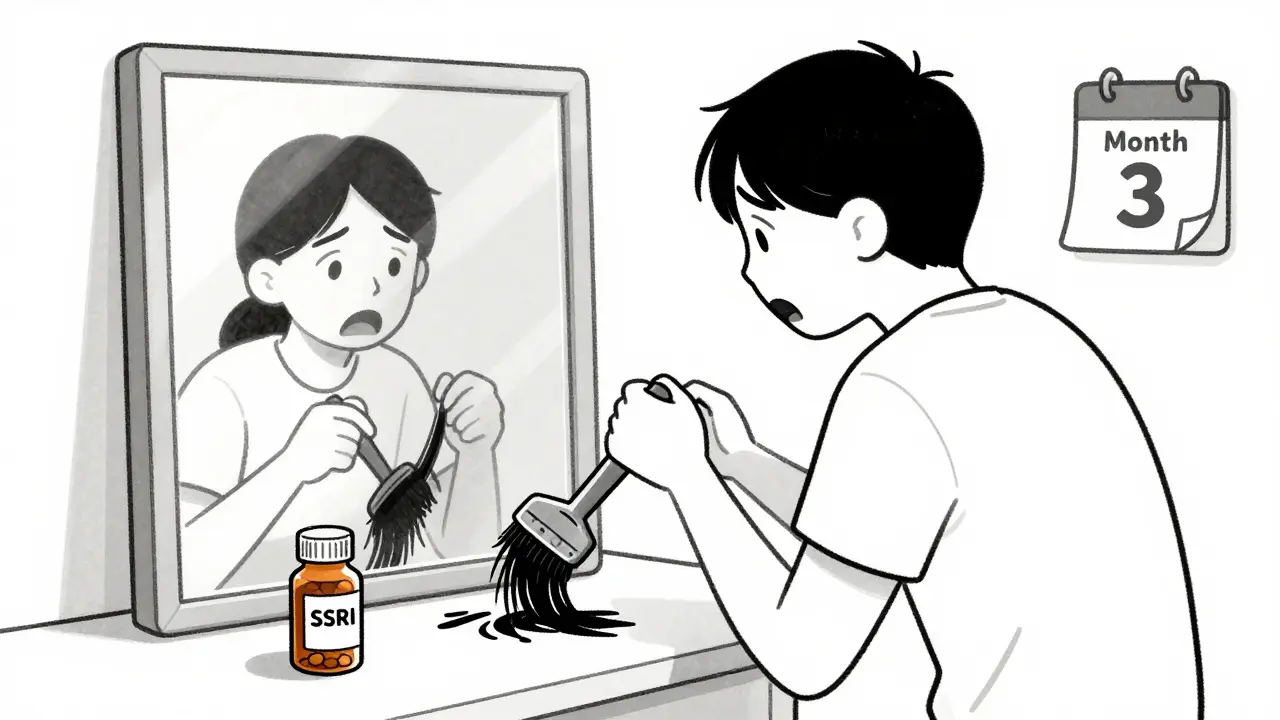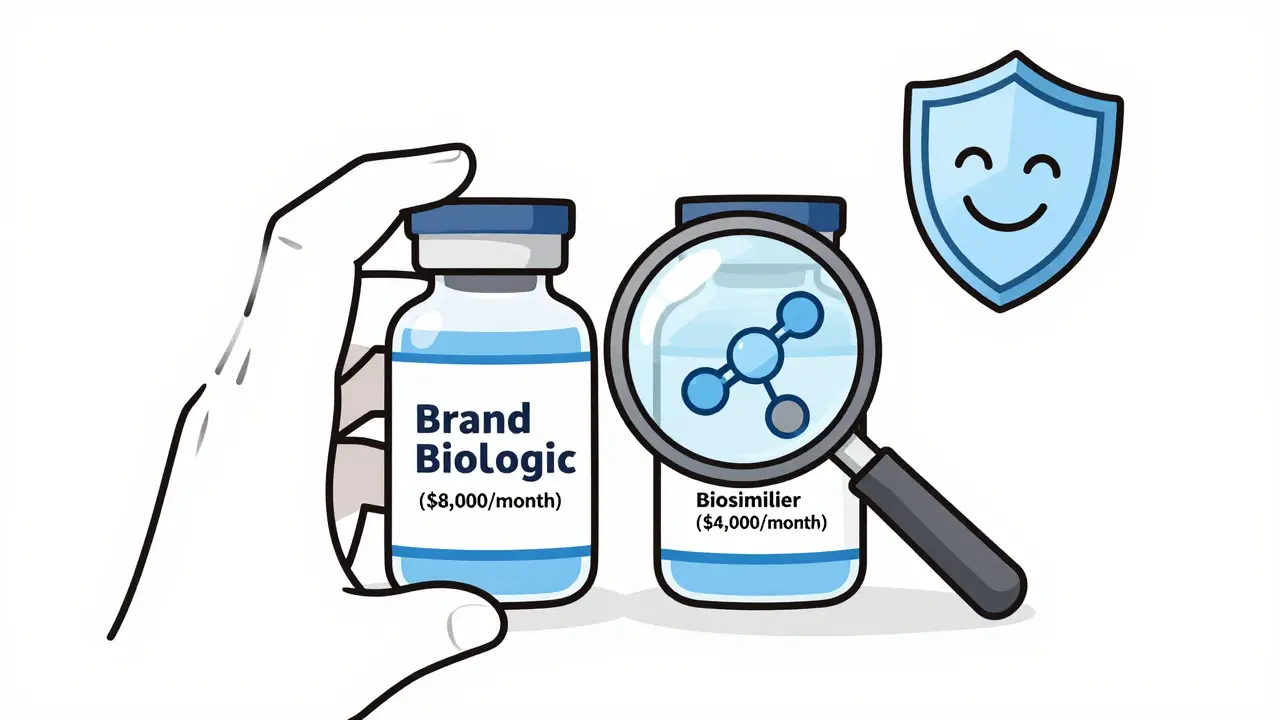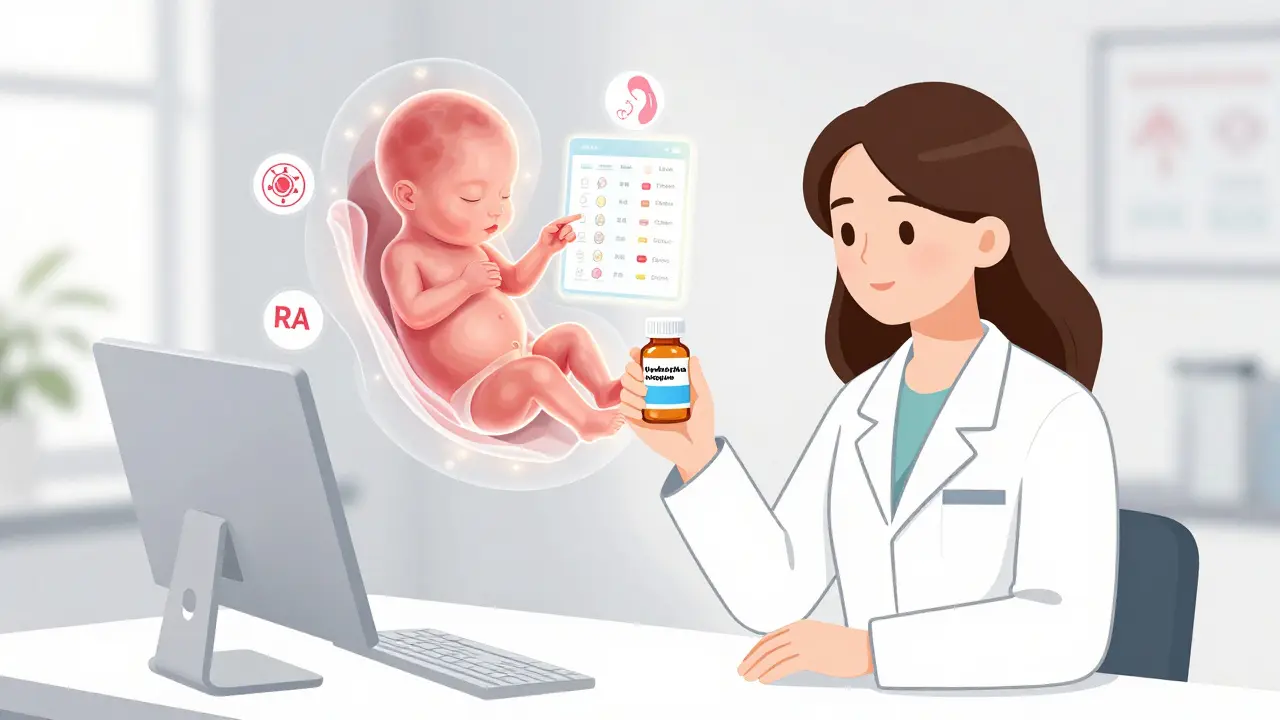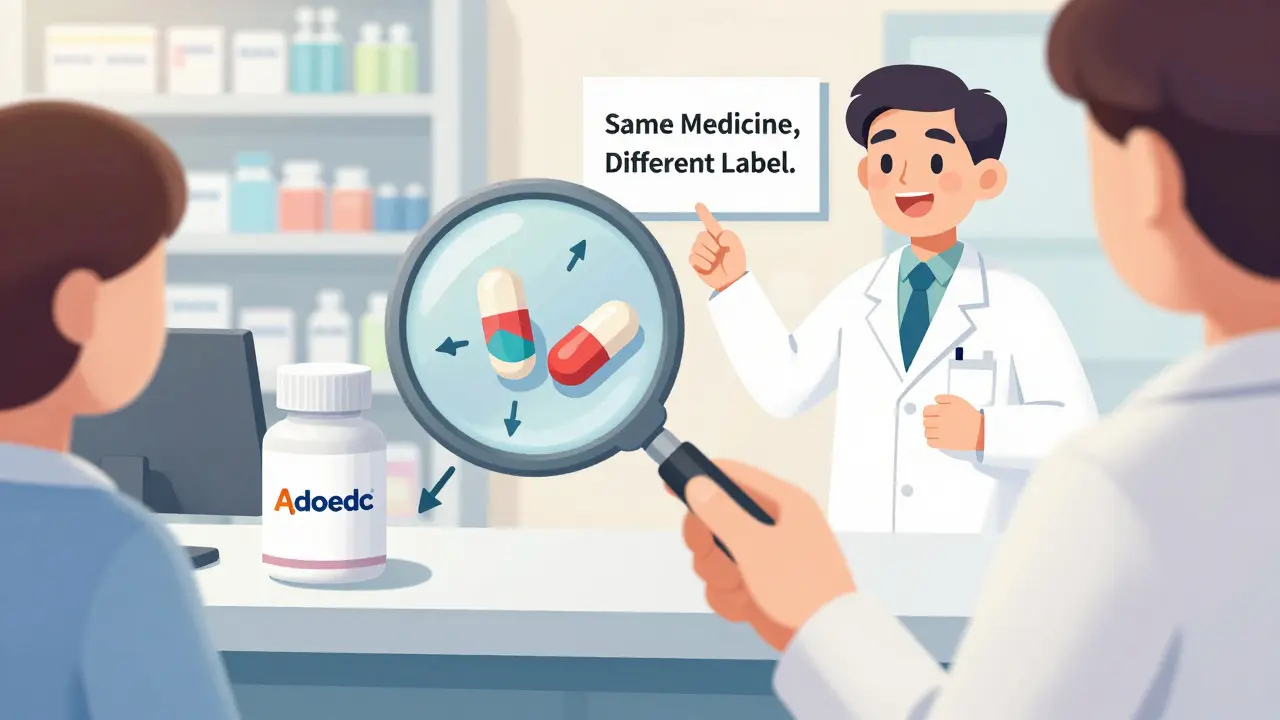Health & Medicine: Straightforward Answers for Everyday Questions
Welcome to the Health & Medicine hub. Here you’ll get plain‑spoken, research‑backed facts about drugs, conditions and wellness tricks. No jargon, just what you need to know to stay safe and feel better.
We cover everything from prescription basics to herbal options. Whether you’re looking at a new medication, wondering about side effects, or need a natural remedy for bladder pain, we have a short, practical guide ready.
Quick Drug Guides You Can Trust
Our drug pages break down dosage, safety warnings and alternatives in easy steps. For example, the Megalis (tadalafil) guide tells you the right dose, common side effects and UK‑friendly substitutes. The Luvox (fluvoxamine) article explains how it works for OCD, what to expect when you start, and which medicines might clash with it.
Buying medicines online can feel risky, so we’ve added checklists for safe purchases. The Haldol and Estrace guides show how to spot legit pharmacies, what a valid prescription looks like, and red flags to avoid. Follow the steps and you’ll know if a site is trustworthy before you hand over your card.
Wellness Topics Backed by Evidence
Feeling the urge to use herbs for bladder pain? Our herbal remedies guide compares cranberry, D‑mannose and other plants, notes effective doses, and tells you when to see a GP. The BPH and mental health piece shows how night‑time trips to the bathroom can affect mood and sleep, and gives practical tips to improve wellbeing.
Each article includes a short “what to do next” box. That might be a self‑care step, a question to ask your doctor, or a reminder to check a symptom tracker. The goal is to give you a clear action, not just a pile of facts.
All content is reviewed by our Clinical Advisory Board, so you get up‑to‑date guidance that reflects current research. We update pages regularly, so the information stays relevant for 2025 and beyond.
Use the navigation on the right to jump to the latest posts, or scroll down for a quick list of our most popular topics. Each title links to a concise guide that you can read in a few minutes.
Got a specific question that isn’t covered? Drop a comment at the bottom of any article. Our experts read them and often turn the best queries into new guides. Your curiosity helps the whole community stay informed.
Ready to make smarter health decisions? Dive into the articles, follow the practical tips, and keep coming back for fresh, evidence‑based updates.
Rheumatoid Arthritis Remission: Treat-to-Target Strategies That Work
- Cheryl Moran
- March 4, 2026
- 1 Comments
Treat-to-target strategies have transformed rheumatoid arthritis care by using regular monitoring and clear targets to achieve remission. Evidence shows this approach doubles remission rates compared to traditional care, especially when started early.
read moreFertility and Thyroid Health: What Your TSH Level Should Be Before Trying to Conceive
- Cheryl Moran
- March 1, 2026
- 4 Comments
Your TSH level before pregnancy can make or break your chances of conceiving and staying pregnant. Learn why keeping it below 2.5 mIU/L is critical, how thyroid antibodies affect fertility, and what steps to take now to protect your future pregnancy.
read moreHow to Share a Complete Medication List to Prevent Dangerous Drug Interactions
- Cheryl Moran
- February 28, 2026
- 4 Comments
Sharing a complete, accurate medication list can prevent dangerous drug interactions, especially if you take five or more medications. Learn what to include, how to update it, and how to share it effectively with every provider.
read moreFDA Boxed Warnings: What Patients Need to Know About Black Box Alerts
- Cheryl Moran
- February 25, 2026
- 7 Comments
FDA boxed warnings, or black box warnings, are the strongest safety alerts for prescription drugs. This article explains what they mean, which drugs carry them, and what patients need to do to stay safe.
read moreScabies and Lice: How to Identify and Eradicate These Parasitic Infestations
- Cheryl Moran
- February 22, 2026
- 13 Comments
Scabies and lice are common, contagious parasitic infestations that require precise treatment. Learn how permethrin and ivermectin work, why treatment often fails, and how to stop outbreaks in homes and communities.
read moreOsteoarthritis: Joint Degeneration and Pain Management Strategies
- Cheryl Moran
- February 21, 2026
- 11 Comments
Osteoarthritis affects over 500 million people worldwide. Learn how joint degeneration works, why weight and movement matter more than pills, and what actually helps reduce pain and improve daily life.
read moreOTC Hemorrhoid Treatments: When to Self-Treat and When to See a Doctor
- Cheryl Moran
- February 18, 2026
- 10 Comments
OTC hemorrhoid treatments can relieve itching and pain, but they don’t fix the root cause. Learn which products work for external vs. internal hemorrhoids, when to use them, and when to see a doctor instead.
read moreMedication-Induced Hair Loss: Causes and What You Can Do
- Cheryl Moran
- February 15, 2026
- 14 Comments
Medication-induced hair loss is a common side effect of many drugs, from antidepressants to chemotherapy. Learn the two main types - telogen and anagen effluvium - and what actually works to get your hair back.
read moreBiosimilar Approval: How FDA Reviews Biologic Alternatives in 2026
- Cheryl Moran
- February 14, 2026
- 8 Comments
The FDA overhauled its biosimilar approval process in 2025, removing costly clinical trials and speeding up access to lower-cost biologic alternatives. Here’s how it works now - and why it matters for patients and providers.
read morePregnancy and Autoimmune Disease: Medication Safety and Planning
- Cheryl Moran
- February 11, 2026
- 0 Comments
Pregnancy with an autoimmune disease doesn't mean you have to stop your meds. Evidence shows most treatments are safe - if planned ahead. Learn which drugs to keep, which to switch, and how to protect both you and your baby.
read moreAuthorized Generics List: Which Drugs Offer This Option
- Cheryl Moran
- February 8, 2026
- 15 Comments
Learn which prescription drugs offer authorized generics - identical to brand-name versions but at lower prices. Discover key examples, how they differ from regular generics, and how to find them.
read moreLinezolid and Serotonin Syndrome: What You Need to Know About Antidepressant Risks
- Cheryl Moran
- February 7, 2026
- 10 Comments
Linezolid is a critical antibiotic for resistant infections, but concerns about serotonin syndrome with antidepressants persist. New data shows the risk is extremely low-under 0.5%-making it safe for most patients when monitored.
read more